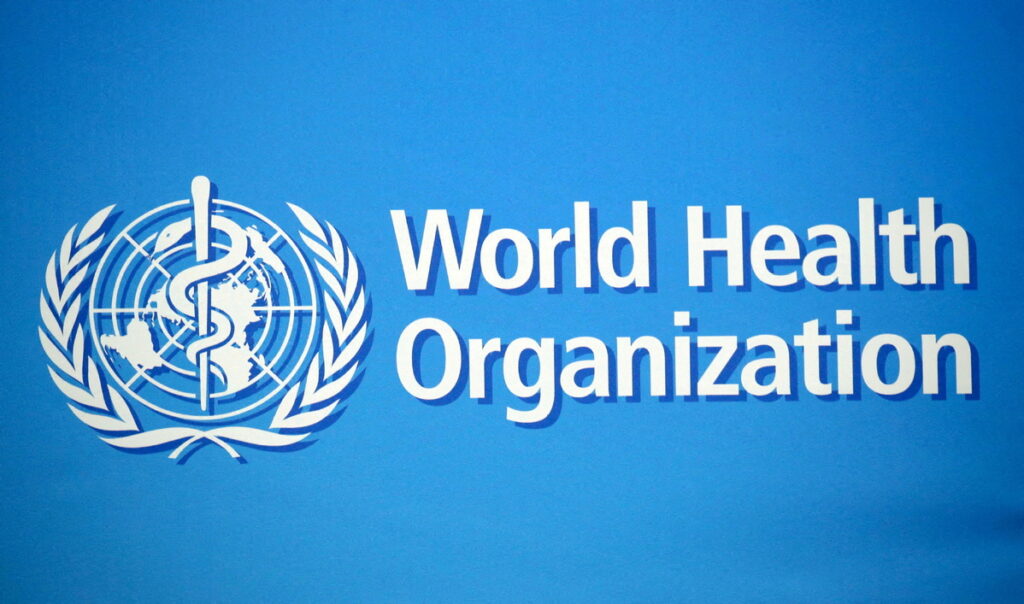Africa is experiencing a surge in outbreaks of vaccine-preventable diseases like measles, polio and yellow fever due to disruption of routine immunization caused by the COVID-19 pandemic, according to the World Health Organization.
Speaking in a virtual news briefing on Thursday, Benido Impouma, director of communicable and non-communicable diseases in the WHO regional office for Africa, said the continent reported almost 17,500 cases of measles between January and March, translating to a 400 percent increase compared with the same period last year.
He said 24 countries confirmed outbreaks of a variant of polio last year, which was four times more than in 2020.
Additionally, 13 countries reported new yellow fever outbreaks in the African region last year, compared to nine in 2020 and three in 2019.
READ MORE: Bank launches stakeholder consultations for updated Integrated Safeguards System
“This week, we are marking African vaccination week into the context of two years of disruption by COVID-19 pandemic that has had major effect on provision of routine health services with immunization being seriously affected,” Impouma said.
“Inequalities in accessing vaccines, disruptions by the COVID-19 pandemic, including its huge strain on health system capacities, impaired routine immunization services in many African countries and forced suspension of vaccination drives.”
He said tens of millions of people in the coastal regions are still missing out on the scheduled immunization against preventable diseases.
READ MORE: GOMA: DR Congo’s Ebola jabs campaign follows outbreak
Helen Rees, the executive director of Wits Reproductive Health and HIV Institute at the South Africa’s University of Witwatersrand, said whenever routine immunizations coverage stops, outbreaks are witnessed.
“We recognize with COVID-19 that if we allow the pandemic to go rampant as it managed to do…… it’s not only a health issue but has a huge impact on human development, economies, job creation and poverty,” she said.
“The same is true for routine immunization as for COVID-19, there is a direct health mortality problem but there is a spinoff in terms of adversely affecting core-development and contributing to poverty which is absolutely critical for our region.”
READ MORE: HEALTH: Africans need to remain vigilant on COVID-19 risks
Messeret Shibeshi, an epidemiologist from the WHO, said health measures like lockdowns imposed during the early days of COVID-19 pandemic compromised essential services like provision of scheduled vaccinations
“Many countries in our region have really lapsed in their coverage against measles. Very few sustained their expected coverage. Due to missed vaccinations, children are now susceptible to the outbreaks,” she said.
“We call on our member states to ensure that those children who have missed their scheduled vaccinations should be given their vaccines, that’s the only way to prevent the measles outbreak.”
Countries are expected to attain and maintain measles vaccination coverage of 95 percent with two doses to reach measles elimination.
READ MORE: Health: WHO raises alarm over deaths caused by noncommunicable diseases in Africa
According to the WHO and the United Nations Children’s Fund estimates, while in 2019, six countries in the African region attained 95 percent coverage with first dose measles vaccination, only three met this target in 2020.
To urgently scale up coverage and protect children, Impouma said WHO and partners are supporting African countries to carry out catch-up routine vaccination campaigns.
He said more than 30 African countries have implemented at least one catch-up immunization campaigns in the second half of last year and this year countries are showing progress with measles and yellow fever campaigns.
Impouma said Central Africa Republic, Chad, Equatorial Guinea, Ethiopia, Nigeria, Somalia and South Sudan have reinstated measles campaigns.
READ MORE: WHO To Conduct Training on Integration of Oral Cholera Vaccine in Abuja
He said some countries have successfully integrated other critical immunization campaigns with COVID-19 vaccination.
For example, Ghana integrated COVID-19 vaccination with yellow fever campaigns in December to curb an outbreak that erupted a month earlier.
Additionally, Nigeria recently launched a vaccine scale-up strategy which guides the integration of routine immunization with COVID-19 vaccination for mothers and their babies.
